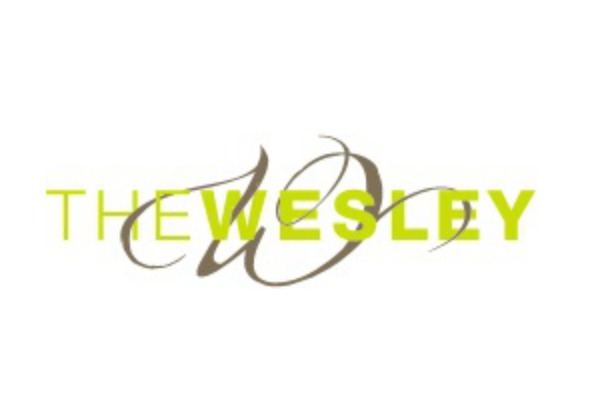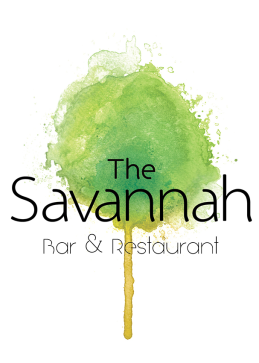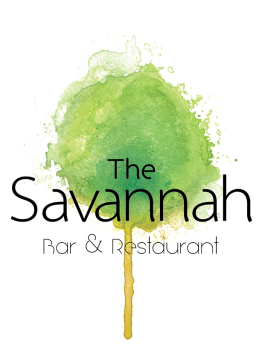Place Categories: Business Services, Hospitality and Sport & LeisurePlace Tags: hotel, restaurant and The Savannah
The Wesley Hotel supports international and home students, guided by a rich heritage and unique multi-cultural, multi-faith philosophy. We were founded in 1950 by Hilda Porter, a Methodist missionary, who started the organisation after returning to post-war Britain from the Far East, Ms Porter had discovered that London did not offer a secure environment for foreign students to live whilst studying in Capital, and was determined to act for the better.
Since 1998 we have occupied Euston House, a handsome building in Euston Street, Central London, just two minutes walk from Euston Station. We continue to financially support over eighty students from all over the world, studying over 20 disciplines in some of the best colleges in London.
In order to preserve and sustain our heritage, we have established The Hilda Porter Bursary Fund which provides funding for marginalised students and young people in the UK and developing world. This applies to postgraduate and undergraduate students and young people with developing artisan skills. The Wesley Hotel is strongly committed to ethical practices and a clear environmental policy and Christian Social Responsibility. We endeavour to be forward thinking, and we are immensely proud of history, our Methodist heritage and our deeply formed commitments to social and educational causes. We celebrated our 60th anniversary in 2010.
No Records Found
Sorry, no records were found. Please adjust your search criteria and try again.
Google Map Not Loaded
Sorry, unable to load Google Maps API.
The Savannah
The Savannah is Euston’s newest, ethical and eco-friendly bar and restaurant offering a fresh approach to fusion cuisine. With its own separate entrance and set on two floors flooded with natural light, The Savannah is located within The Wesley Hotel.
It combines European food with the flavours of Africa and Asia, alongside some of the best-loved classic dishes. The bar has its own menu of Small Plates and Sharing Dishes, with a wine list including biodynamic and organic wines, and several artisanal beers. The stunning décor is inspired by the wide, open spaces of the savannah.
The food is ethically sourced from sustainable suppliers, artisans and family-run companies.
For more information please visit www.thesavannah.co.uk








Leave a Reply
Want to join the discussion?Feel free to contribute!